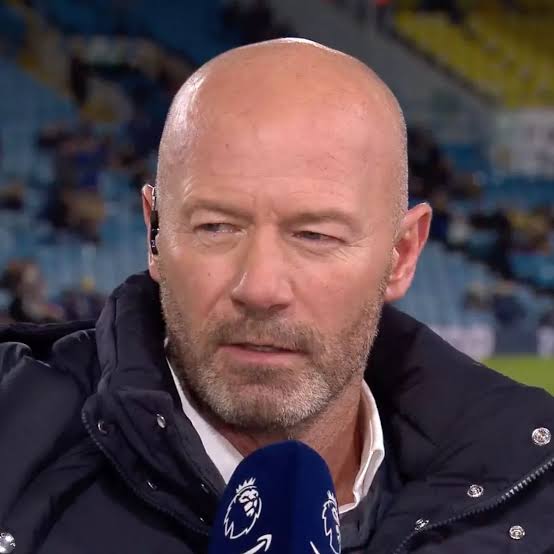Manchester United, a club once synonymous with attacking prowess and goal-scoring finesse, now finds itself in a troubling predicament, struggling to find the back of the net with any consistency this season. The urgency of the situation has prompted discussions on potential strategies to resolve this ongoing crisis, with one intriguing suggestion being to emulate Tottenham Hotspur’s recent transfer strategy.
In an era where every point matters, Manchester United has managed to register a mere seven goals in the Premier League ahead of their crucial fixture against West Ham, marking one of their worst starts in the league’s history. This alarming statistic paints a vivid picture of the challenges Erik ten Hag faces as he grapples with the reality of only eight points accrued from the first seven matches. The pressure has mounted on Ten Hag, especially after last season’s disheartening performance, which saw United achieve their lowest points total in the Premier League era.
In an effort to bolster his squad during the summer transfer window, Ten Hag targeted Joshua Zirkzee, a forward with a modest tally of just 11 goals for Bologna in the previous season. The Dutchman hoped Zirkzee could inject some much-needed firepower into the team. Additionally, Rasmus Hojlund was brought in as a beacon of hope, following his impressive stint with Atalanta. However, despite Hojlund’s moments of brilliance, he has faced multiple injury setbacks, and the impact of Zirkzee remains uncertain. The harsh reality is that neither player has adapted to the rigors of the Premier League as swiftly as Ten Hag and the United faithful had hoped.
In light of these struggles, it might be time for United to reassess their recruitment strategy. Rather than pursuing unproven talent from across Europe, they could benefit from looking closer to home, specifically at the Premier League’s established stars. Tottenham’s recent success in signing Dominic Solanke from Bournemouth for £65 million serves as a compelling case study. Solanke, who netted an impressive 19 goals for the Cherries last season, joined Spurs with a wealth of experience in English football, making him an immediate asset. His seamless transition into the Tottenham lineup has already yielded results, as he scored twice in his first six matches, helping to solidify Spurs’ attacking prowess under the guidance of Ange Postecoglou.
Unlike United, who spent a significant amount on Hojlund, Spurs acquired a proven performer in Solanke at a competitive price. This savvy move highlights a crucial lesson for Manchester United: investing in players who are already familiar with the demands and intensity of the Premier League can yield immediate dividends. The recent call-up of Solanke to the England squad only underscores his impressive form and growing reputation, with interim manager Lee Carsley praising his attributes and contributions.
As the January transfer window approaches, Ten Hag will undoubtedly find himself in a precarious position. He must consider whether to gamble on a high-profile Premier League striker who can consistently deliver goals, or risk further disappointment with another round of unproven talents. The likes of Chris Wood, Danny Welbeck, and Raul Jimenez currently occupy the upper echelons of the scoring charts, starkly highlighting United’s ongoing struggles in that department.
Ultimately, the question looms large: can Erik ten Hag secure a proven goal scorer in the January window, and will he still be in charge by then? The pressure is on, and the need for a transformation in Manchester United’s attacking fortunes has never been more pressing. Emulating Tottenham’s successful strategy may just be the lifeline the Red Devils need to reignite their goal-scoring capabilities and reclaim their status as a dominant force in English football.
